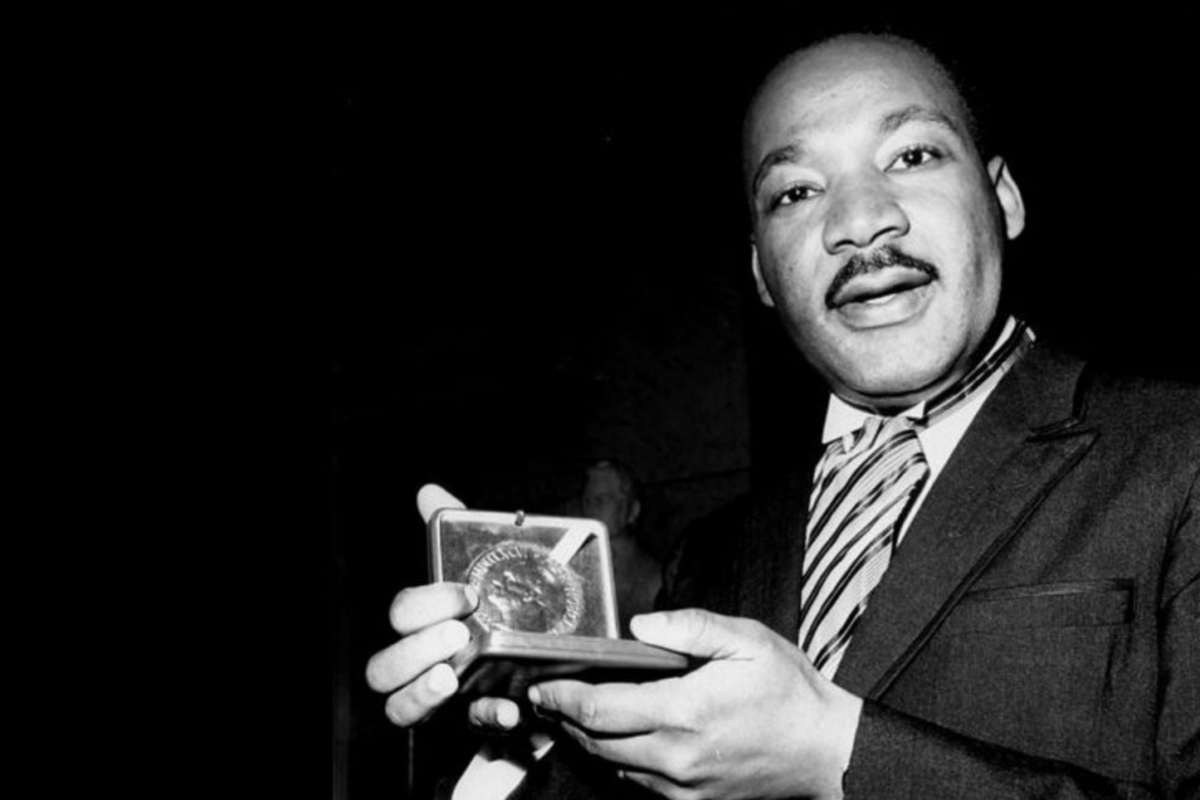The notion that the pursuit of economic self-interest alone cannot sufficiently motivate people to act collectively gained adherents over the years. Scholars across a number of fields recognized that humans possess inherent needs for meaning, community, and purpose. These intrinsic motivations compel us to act, not just extrinsic incentives.
Drawing on the seminal writings of holocaust survivor Viktor Frankl on the importance of meaning, management scholar Colin Mayer argues that meaning, purpose, and morality are precisely what drive people to give themselves over to organizational goals. “We derive well-being from a sense of purpose, achievement, and contribution not just profit, income, and consumption. We seek to fulfill larger goals and the importance of the corporation is in its ability to assist us in this. We once constructed temples, pyramids, and shrines to satisfy the gods, but we now make washing machines, cell phones, and movies.” Other thinkers have called for an “economics of higher purpose” and the transformation of the enterprise from a nexus of contracts into one of covenants.
The deep purpose companies I studied embraced their function as carriers of meaning and morality, and they did so despite institutional pressures to deliver short-term results.
These companies weren’t simply aiming to “win” in conventional terms. They were on a sacred mission and had a sizzling energy about them, one that transcended mundane description and was grounded in both a sense of their interconnection with the wider world and a vision of a better future they sought to realize.
Deep purpose leaders reached for religious or spiritual language to describe this energy, associating the purpose with words like “soul,” “soulfulness,” and “spirit.” In his book Hit Refresh, Microsoft’s CEO Satya Nadella described the company’s reorientation around a new purpose—“ To empower every person and every organization on the planet to achieve more”—as not merely a refreshment or renewal of the company, but a rediscovery of the company’s soul. He recounted equating the purpose with the company’s soul when communicating with employees: “We must rediscover our soul—our unique core,” he said in an all-company email. “We must all understand and embrace what only Microsoft can contribute to the world and how we can once again change the world.”
The notion that a company can have a “soul” isn’t as exotic as it might sound. In my past fieldwork with fast-growth start-ups, I found that founders and early employees often detect the presence of an intangible something that they conceive as the “soul.” They perceive this energy as the company’s very essence, its beating heart and the secret behind its initial success. This soul functions much like a purpose, giving meaning to the company’s work. Often, founders speak of the soul and the purpose in the same breath. But as I also found, this soul was fragile and seemed to weaken or vanish entirely as the company grew and a stifling bureaucracy took hold. Leaders needed to focus on sustaining their company’s initial soul or spirit even as they worked on establishing the systems and processes essential for operating at scale.
Deep purpose companies solve this dilemma by developing the reason for being as an operating principle. At these firms, purpose infuses systems and processes with meaning and moral value. Instead of feeling impersonal and alienating, the operational guts of the company support emotional engagement and a sense of community. It’s no secret that corporate leaders as diverse as Starbucks’ Howard Schultz and Microsoft’s Nadella have framed a renewed commitment to purpose as a means of reconnecting with their companies’ previously neglected “souls.”
Lessons For Leaders
Business books often speak of a “knowing-doing gap” to explain performance failures: leaders understand which strategies to implement, but they can’t seem to execute them well. With purpose, most leaders don’t even know what it means to pursue a purpose fully, much less how. Influenced by experts who extoll purpose’s benefits for the enterprise, they’re stuck seeing purpose instrumentally, as a means to an end. They have a harder time understanding it as an existential intent that companies project from the inside out. The first step to a deeper engagement with purpose is to pause and reflect more seriously on purpose, conceiving of it as not just another management tool, but as a foundational principle for organizing that reflects your company’s very sense of self.
Rethinking the nature of purpose should prompt you in turn to reimagine your role as a leader.
Yes, you’re charged with creating economic value. But your primary job is to define a reason for being and in turn infuse the enterprise with meaning. How attuned to purpose are you really? Do your communications internally and externally orient the company around a desire to do good for multiple stakeholders via applied core businesses in addition to creating value for shareholders? Are you injecting purpose methodically into strategy, your oversight of working conditions, and your company’s relationships with stakeholders?
More broadly, you can initiate your company’s movement toward a deeper engagement with purpose by assessing its current state of commitment. If your company currently pursues a reason for being, its commitment might be limited or convenient. Think about the pyramid presented earlier and where your company might reside. Are your core offerings inherently harmful? Is purpose a side hustle, relegated to CSR initiatives? If you’re actively pursuing win-win solutions, do you find yourself reluctant to make decisions commensurate with your purpose that hurt shareholders but create value for other stakeholders?
If so, you might be practicing convenient purpose and hence have more opportunity than you think to go deeper in projecting your company’s purpose. Think about your purpose statement itself. Does it evoke higher ambitions that transcend purely commercial concerns? Who precisely are you there to serve, and what kind of moral stand are you taking? A strong purpose statement alone won’t make for a deep purpose company, but it does matter. If your purpose statement doesn’t clearly state an intention to do good for a variety of stakeholders, it probably isn’t functioning as an intention that is compelling and emotionally resonant.
In staking out moral ground, your purpose statement should express an implicit or explicit critique of the world, even at the risk of polarizing members of the public.
Leaders sometimes become uneasy at mention of morality, but we should remember that morality and markets have never been as diametrically opposed as they might seem. Before Adam Smith wrote The Wealth of Nations, he penned The Theory of Moral Sentiments, arguing that humans aren’t merely selfish but also inherently sympathetic toward others and driven to help them without hope of personal benefit. In contriving to bypass morality and avoid taking principled stands in the course of doing business, we risk conducting commerce in ways that contravene our very humanity.
Moreover, societal expectations have changed, and in our polarized times moral neutrality is no longer an option. Companies and leaders must take stands, wading into political debates whether they like it or not. Leaders at companies such as CVS, Dick’s Sporting Goods, Delta Air Lines, Salesforce, Patagonia, and many others do precisely that, increasingly taking on roles as “CEO activists.” They contribute to a remoralization of our society, reinforcing notions of shared values that might in turn help to stabilize and sustain our democracy.
Contributed to Branding Strategy Insider by: Ranjay Gulati and excerpted from his book DEEP PURPOSE. Copyright © 2022 by Ranjay Gulati. Shared here with permission from Harper Business, an imprint of HarperCollins Publishers
The Blake Project can help you define and develop your brand purpose.
Branding Strategy Insider is a service of The Blake Project: A strategic brand consultancy specializing in Brand Research, Brand Strategy, Brand Growth and Brand Education




